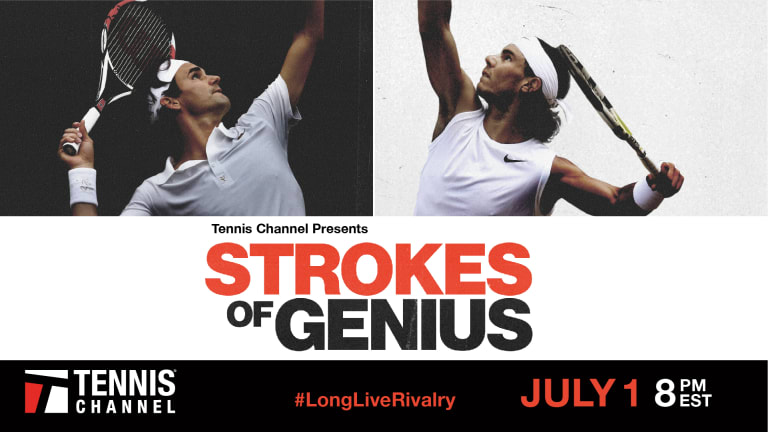LONDON—What Herbert Fortescue Lawford, a London stockbroker who won the first ever London grass-court title in 1884, would have thought about the 2018 version we shall never know. But, even in its super-charged modern form, he would have recognized the topspin imparted on the ball by Marin Cilic and Novak Djokovic because he invented it.
The power with which Cilic strikes his forehand may have left Lawford aghast and it certainly left Djokovic helpless as he tried to lay his hands on what would have been his first ATP title since Eastbourne almost exactly a year ago. The fact that Djokovic got as close as a set and 4-1 in the second-set tiebreaker left major questions still unanswered.
On the one hand, the manner in which the Serb overcame the likes of former champion Grigor Dimitrov 6-4, 6-1 in the second round and the big serving Jeremy Chardy 7-5, 6-1 in the semifinal suggested he was climbing back to the level that had seen him dominate the game as world No. 1. But the Djokovic of old would have been unlikely to have allowed Cilic to claw his way back from match point down at 4-5 in the second set and then release his hold on a tiebreaker that was his for the taking with a double fault when he led 4-2.
“Yea, I got a little bit tight there,” a subdued Djokovic admitted in press conference. “Obviously he’s used that. He served well when he needed to but I can definitely take a lot of positives from this week.”
There is no question that Djokovic, with his original coach, Marian Vjada, back at his side, is in a far better frame of mind than he was at the Miami Open in March which, he admitted, was one of the lowest points he has experienced in his career “in terms of my state of mind.”
WATCH—Match point from Cilic's win over Djokovic at Queen's Club:
